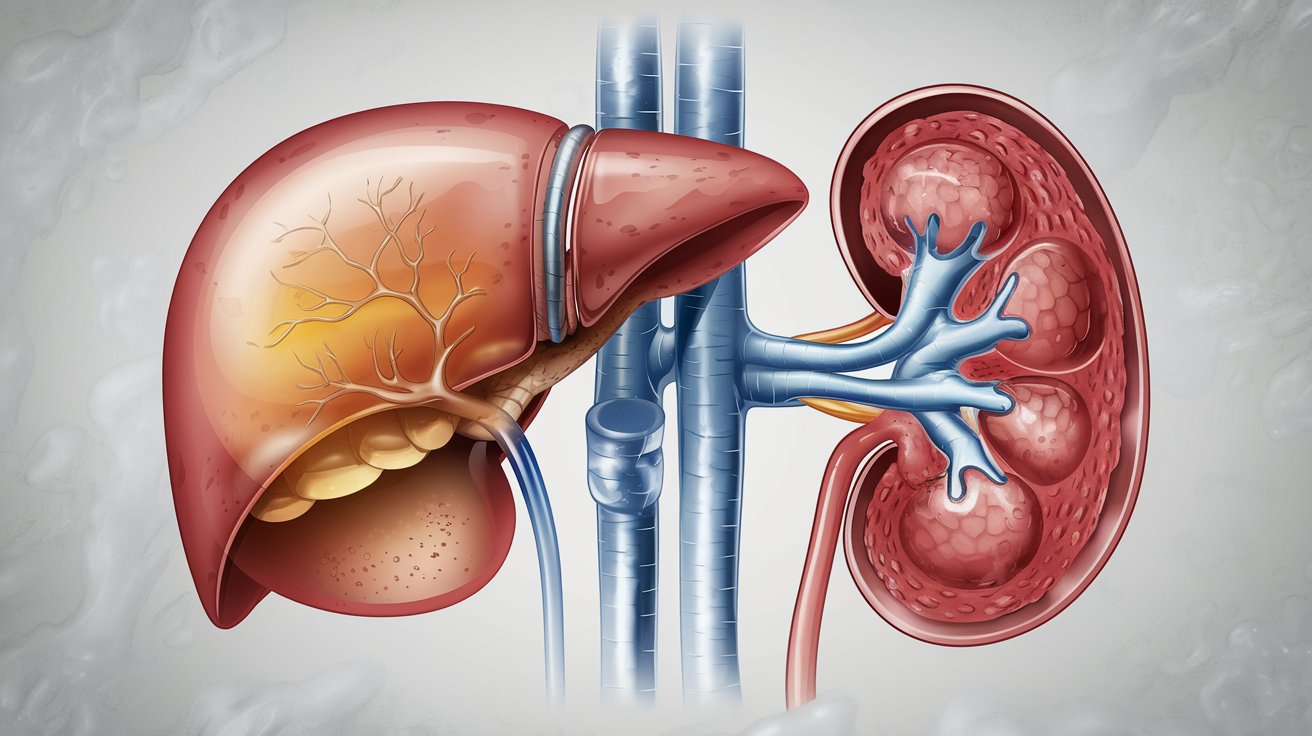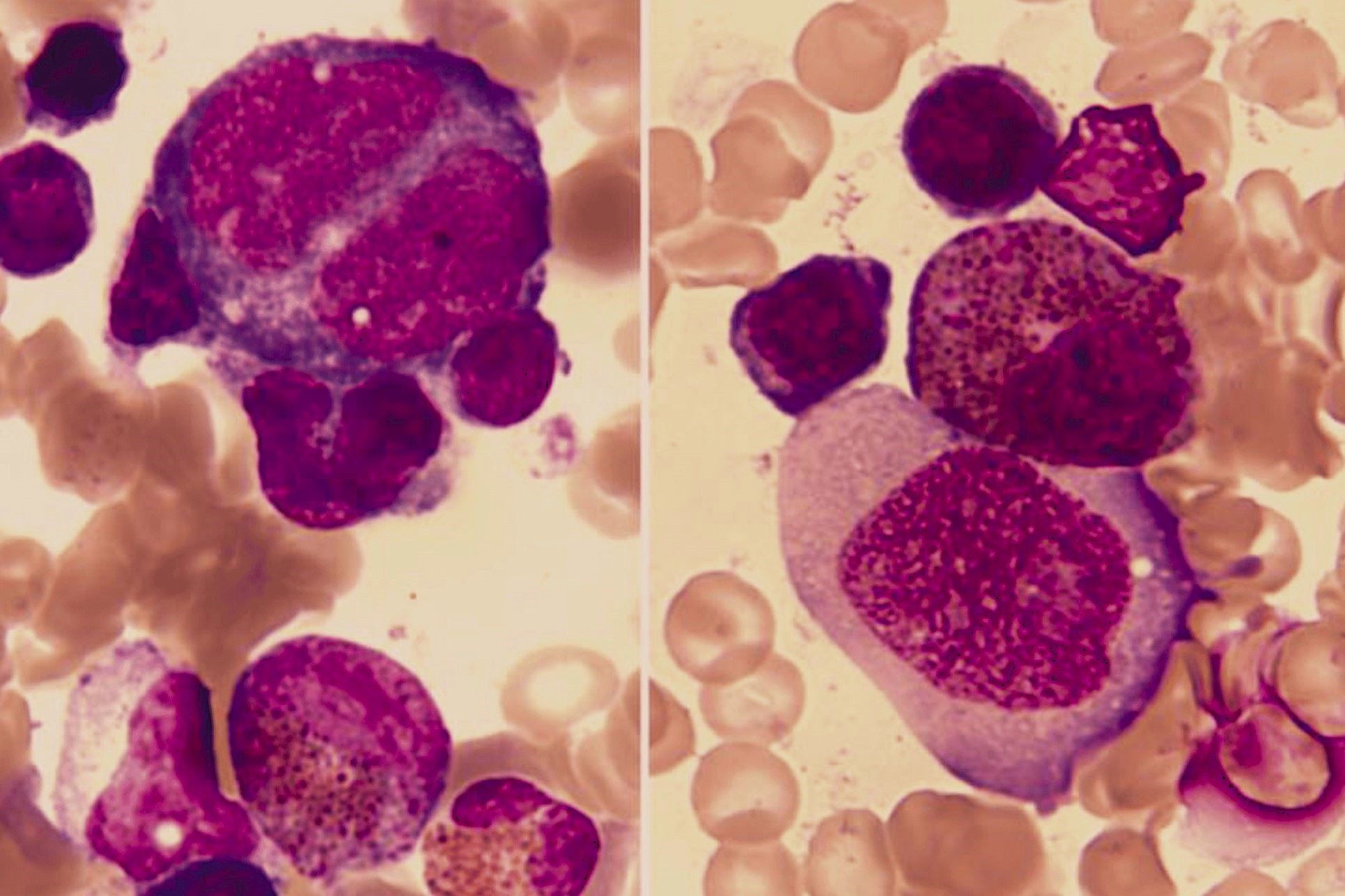
Hepatorenal Tyrosinemia is a rare genetic disorder that affects the liver and kidneys. It occurs due to a deficiency of the enzyme fumarylacetoacetate hydrolase (FAH), which is crucial for breaking down the amino acid tyrosine. This condition leads to the accumulation of toxic substances in the body, causing severe health issues. Symptoms can range from liver failure, kidney dysfunction, and neurological problems to growth delays. Early diagnosis and treatment are vital for managing the disease and improving quality of life. Understanding this condition can help in recognizing its signs and seeking appropriate medical care. Here are 30 facts about Hepatorenal Tyrosinemia to help you learn more.
Key Takeaways:
- Hepatorenal Tyrosinemia, also known as Tyrosinemia Type 1, is a rare genetic disorder affecting the liver and kidneys. Early detection and treatment are crucial for managing this condition effectively.
- Treatment options for Hepatorenal Tyrosinemia include medication, dietary management, and, in severe cases, liver transplantation. Regular monitoring is essential for tracking the disease's progression and treatment efficacy.
What is Hepatorenal Tyrosinemia?
Hepatorenal Tyrosinemia is a rare genetic disorder affecting the liver and kidneys. It disrupts the body's ability to break down the amino acid tyrosine, leading to severe health issues. Let's dive into some intriguing facts about this condition.
-
Hepatorenal Tyrosinemia is also known as Tyrosinemia Type 1. This condition is the most severe form of tyrosinemia, a group of disorders affecting tyrosine metabolism.
-
The disorder is inherited in an autosomal recessive pattern. Both parents must carry a copy of the mutated gene for a child to be affected.
-
The gene responsible for this condition is called FAH (fumarylacetoacetate hydrolase). Mutations in this gene lead to a deficiency of the FAH enzyme, crucial for breaking down tyrosine.
Symptoms of Hepatorenal Tyrosinemia
Symptoms can vary widely but often appear in infancy. Early detection and treatment are vital for managing the condition effectively.
-
Infants may present with failure to thrive. This means they do not gain weight or grow as expected.
-
Jaundice is a common symptom. The skin and whites of the eyes turn yellow due to liver dysfunction.
-
Enlarged liver and spleen (hepatosplenomegaly) can occur. This enlargement can cause discomfort and other complications.
-
Kidney dysfunction is another hallmark. It can lead to renal tubular acidosis, where the kidneys fail to properly acidify urine.
-
Neurological crises may happen. These episodes can include changes in mental status, abdominal pain, and peripheral neuropathy.
Diagnosis of Hepatorenal Tyrosinemia
Accurate diagnosis is crucial for effective treatment. Various tests and screenings help identify the disorder.
-
Newborn screening can detect elevated levels of tyrosine. Early diagnosis through these screenings can lead to prompt treatment.
-
Blood and urine tests are used to measure specific metabolites. High levels of succinylacetone in urine are a key indicator.
-
Genetic testing confirms the diagnosis. Identifying mutations in the FAH gene provides a definitive diagnosis.
Treatment Options
While there is no cure, several treatments can manage symptoms and improve quality of life.
-
Nitisinone (NTBC) is a primary treatment. This medication inhibits the formation of toxic metabolites by blocking an enzyme upstream in the tyrosine degradation pathway.
-
Dietary management is essential. A low-tyrosine and low-phenylalanine diet helps reduce the buildup of harmful substances.
-
Liver transplantation may be necessary. In severe cases, a liver transplant can be life-saving and curative.
-
Regular monitoring is required. Frequent blood tests and imaging studies help track the disease's progression and treatment efficacy.
Complications of Hepatorenal Tyrosinemia
Without proper treatment, the disorder can lead to severe complications affecting multiple organ systems.
-
Liver failure is a significant risk. Untreated, the liver can deteriorate, leading to life-threatening conditions.
-
Hepatocellular carcinoma (liver cancer) can develop. The risk of liver cancer increases with prolonged liver damage.
-
Renal failure may occur. Chronic kidney disease can progress to end-stage renal disease, requiring dialysis or transplantation.
-
Rickets is a common complication. This bone disorder results from kidney dysfunction and vitamin D deficiency.
-
Neurological issues can persist. Even with treatment, some patients may experience ongoing neurological problems.
Epidemiology and Prevalence
Understanding who is affected by this disorder helps in planning and providing care.
-
Hepatorenal Tyrosinemia is rare. It affects approximately 1 in 100,000 to 120,000 live births worldwide.
-
Higher prevalence in certain populations. For example, it is more common in the Saguenay-Lac-Saint-Jean region of Quebec, Canada.
-
Both genders are equally affected. There is no gender predisposition for this disorder.
Research and Future Directions
Ongoing research aims to improve understanding and treatment of Hepatorenal Tyrosinemia.
-
Gene therapy is being explored. Researchers are investigating ways to correct the genetic defect at its source.
-
New medications are under development. These aim to provide better control of tyrosine levels and reduce side effects.
-
Patient registries help track outcomes. Collecting data on affected individuals aids in understanding the disease's natural history and treatment responses.
-
Advances in newborn screening are improving early detection. Enhanced screening techniques can identify affected infants more reliably.
-
International collaborations are crucial. Sharing knowledge and resources globally accelerates progress in research and treatment.
Living with Hepatorenal Tyrosinemia
Managing this condition requires a comprehensive approach involving medical care, lifestyle adjustments, and support.
-
Support groups provide valuable resources. Connecting with others facing similar challenges can offer emotional and practical support.
-
Education is key for patients and families. Understanding the disorder and its management empowers individuals to take an active role in their care.
Final Thoughts on Hepatorenal Tyrosinemia
Hepatorenal Tyrosinemia, a rare genetic disorder, affects the liver and kidneys. Understanding this condition is crucial for early diagnosis and treatment. Symptoms like jaundice, vomiting, and failure to thrive can appear in infancy. Without treatment, it can lead to severe liver and kidney damage.
Treatment often involves a special diet low in tyrosine and phenylalanine, along with medication like nitisinone. Early intervention can significantly improve the quality of life for those affected. Genetic counseling is recommended for families with a history of the disorder.
Awareness and education about Hepatorenal Tyrosinemia can lead to better outcomes and support for patients and their families. Stay informed and consult healthcare professionals for guidance and management of this condition.
Frequently Asked Questions
Was this page helpful?
Our commitment to delivering trustworthy and engaging content is at the heart of what we do. Each fact on our site is contributed by real users like you, bringing a wealth of diverse insights and information. To ensure the highest standards of accuracy and reliability, our dedicated editors meticulously review each submission. This process guarantees that the facts we share are not only fascinating but also credible. Trust in our commitment to quality and authenticity as you explore and learn with us.


